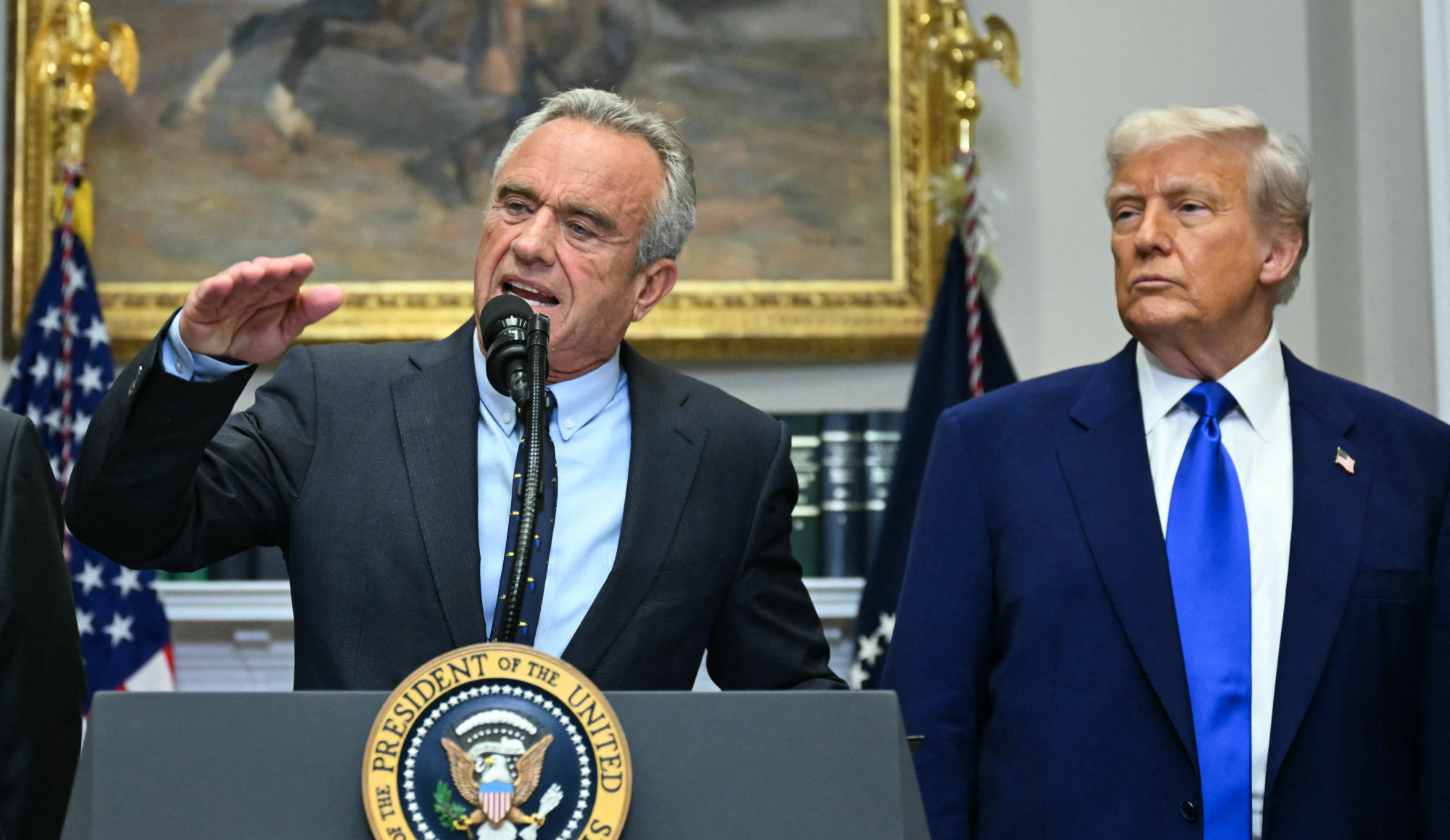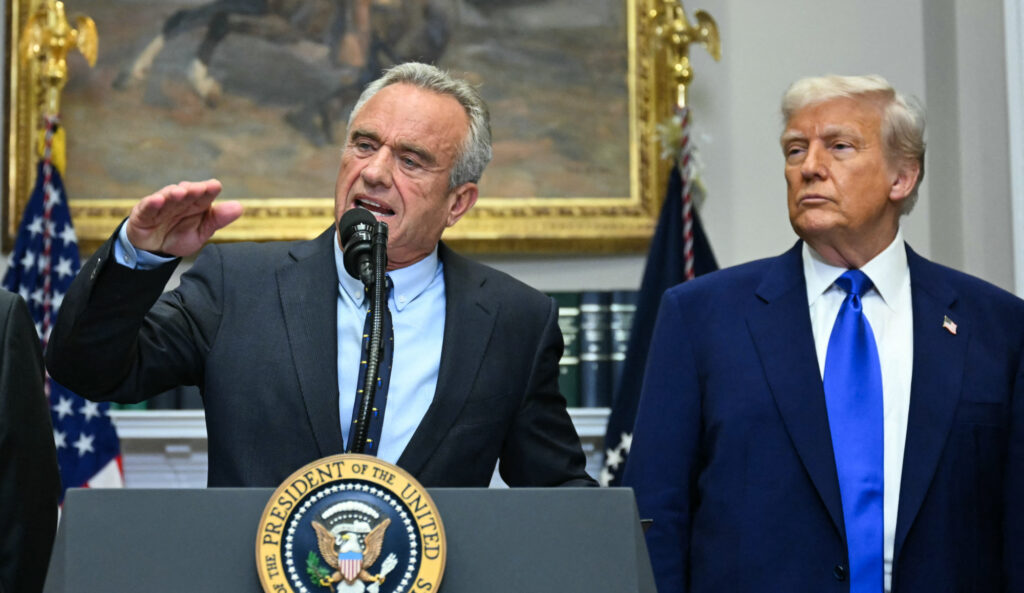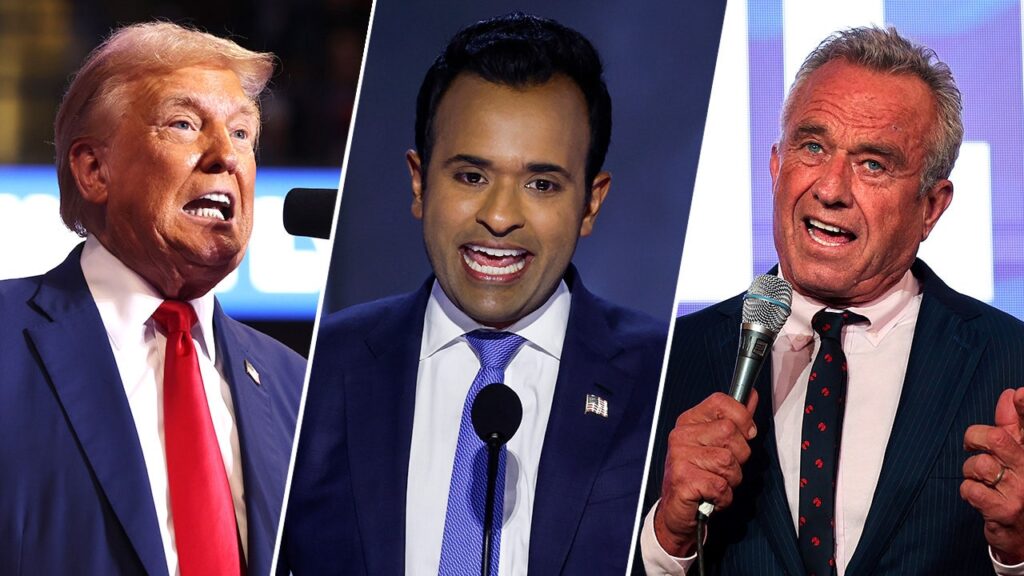What happened
President Donald Trump Monday signed an executive order aimed at persuading pharmaceutical companies to lower the prices of U.S. prescription drugs. Trump’s order gives companies a 30-day deadline to start voluntarily lowering prices or face potential consequences.
Who said what
The White House “teased the announcement as seismic,” but Trump’s order lacks “teeth” and “cites no obvious legal authority to mandate lower prices,” The New York Times said. It was “something of a win” for drugmakers, which had been “bracing” for a “much more damaging” policy. “Far from demonizing pharmaceutical companies for high prices,” The Washington Post said, Trump “focused his fire” on European countries “for negotiating drug prices so low” the U.S. picks up the “costs of innovation.”
Sen. Bernie Sanders (I-Vt.) said while he agreed with Trump that U.S. drug prices are “an outrage,” the problem was not that prices are “too low in Europe and Canada” but that the “extraordinarily greedy pharmaceutical industry” is “ripping off the American people.” Besides, he added, “as Trump well knows, his executive order will be thrown out by the courts.”
Subscribe to The Week
Escape your echo chamber. Get the facts behind the news, plus analysis from multiple perspectives.
SUBSCRIBE & SAVE
Sign up for The Week’s Free Newsletters
From our morning news briefing to a weekly Good News Newsletter, get the best of The Week delivered directly to your inbox.
From our morning news briefing to a weekly Good News Newsletter, get the best of The Week delivered directly to your inbox.
What next?
If drug companies do not lower their prices, Trump’s order directs Health Secretary Robert F. Kennedy Jr. to develop a new rule that “ties the price the U.S. pays for medications to lower prices paid by other countries,” said The Associated Press.



